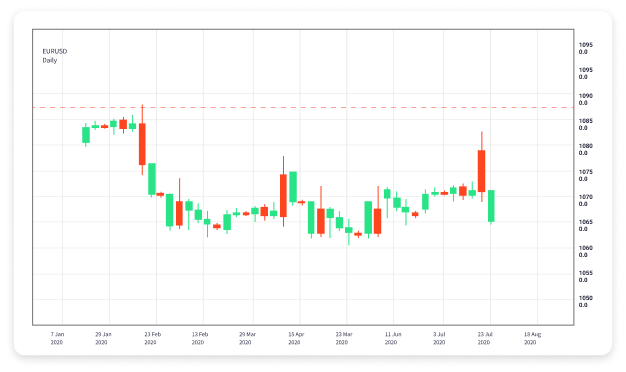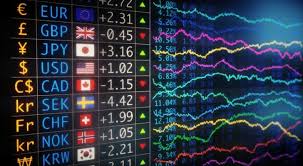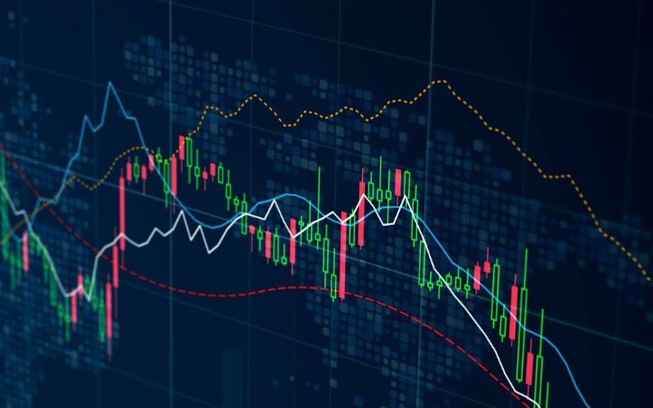
The Future of Automated Forex Trading
Automated forex trading has revolutionized the way traders engage with the foreign exchange market. With advancements in technology, algorithms, and artificial intelligence, trading strategies that once required manual intervention can now be executed automatically. Whether you are a beginner or an experienced trader, understanding automated forex trading is essential in today’s fast-paced financial environment. In this article, we will explore the underlying mechanisms, benefits, challenges, and the future of automated forex trading. Additionally, we’ll touch on some of the best brokers available for automated trading, including automated forex trading Turkey Brokers.
What is Automated Forex Trading?
Automated forex trading, often referred to as algorithmic trading or robot trading, involves using computer programs to schedule trading activities. These programs apply predefined rules for entering and exiting trades based on market indicators such as price, volume, or timing. Automated trading can take place on a variety of platforms, leveraging high-frequency trading (HFT) strategies that capitalize on small price movements across various time frames.
The Advantages of Automated Forex Trading
One of the primary advantages of automated trading systems is the ability to remove emotional decision-making from the trading process. Traders can set their parameters and let the system execute trades without the stress and anxiety that typically accompany trading. This can lead to more disciplined trading practices and can significantly improve overall performance.
Another significant benefit is the speed of execution. Automated trading programs can analyze market conditions and execute trades in milliseconds, much faster than a human trader. This speed allows traders to capitalize on fleeting opportunities that manual traders might miss. Analytics can also be performed continuously, allowing systems to react to market changes in real-time.

Furthermore, automated trading allows traders to backtest their strategies against historical data to evaluate their performance. This testing can help refine strategies before deploying them in real market conditions, reducing the potential for loss. Finally, automated systems can operate 24/5, allowing trades to be executed at any time of the day or night, which is especially advantageous in the forex market that operates around the clock.
Challenges in Automated Forex Trading
Despite the many advantages, automated forex trading comes with its set of challenges. A critical issue is the reliance on technology and the potential for system failures. A technical glitch or a loss of internet connection can prevent trades from executing at optimal times, leading to significant losses. Moreover, traders can become overly reliant on automated systems and neglect their market knowledge, which can prove detrimental in volatile market conditions.
Additionally, developing a successful automated trading system requires a deep understanding of forex markets, programming capabilities, and robust risk management tactics. Beginners may find it challenging to develop a comprehensive algorithm that accurately predicts market movements. Despite these challenges, many traders find that the benefits of automated systems outweigh the drawbacks when implemented thoughtfully.
The Role of Brokers in Automated Forex Trading
Selecting the right broker is crucial for automated trading. Brokers provide access to trading platforms with the necessary tools and resources for automated trading. It’s essential to choose brokers that offer robust trading infrastructure, low latency, and strong customer support. Many brokers provide APIs (Application Programming Interfaces) that enable traders to build and integrate their automated systems seamlessly.

Additionally, regulators play a significant role in maintaining fair practice by imposing strict compliance standards on brokers. Traders should conduct thorough research and ensure that they are dealing with reputable brokers to avoid issues of fraud or market manipulation.
Popular Automated Trading Platforms
Various platforms cater to automated forex trading, each with its unique features and capabilities. Some of the most popular platforms include MetaTrader 4 (MT4) and MetaTrader 5 (MT5). These platforms support automated trading through Expert Advisors (EAs), which are scripts written in the MQL programming language. Another noteworthy platform is cTrader, which also offers automated trading solutions through its cAlgo platform.
For those looking for more advanced capabilities, platforms like NinjaTrader and TradeStation can be suitable choices. These platforms offer extensive backtesting and analysis tools, allowing traders to develop complex strategies.
Conclusion: The Future of Automated Forex Trading
The future of automated forex trading looks promising as technology continues to advance. Machine learning and artificial intelligence are expected to play a significant role in enhancing trading strategies, improving predictions, and optimizing trade executions. As competition in the forex market increases, traders who effectively leverage automated trading systems will likely gain a competitive advantage.
While there are challenges associated with automated trading, careful planning and a solid understanding of how these systems work can lead to success. As more brokers and platforms support automated solutions, traders must remain informed and adaptable to harness the full potential of automated forex trading in their trading strategies.